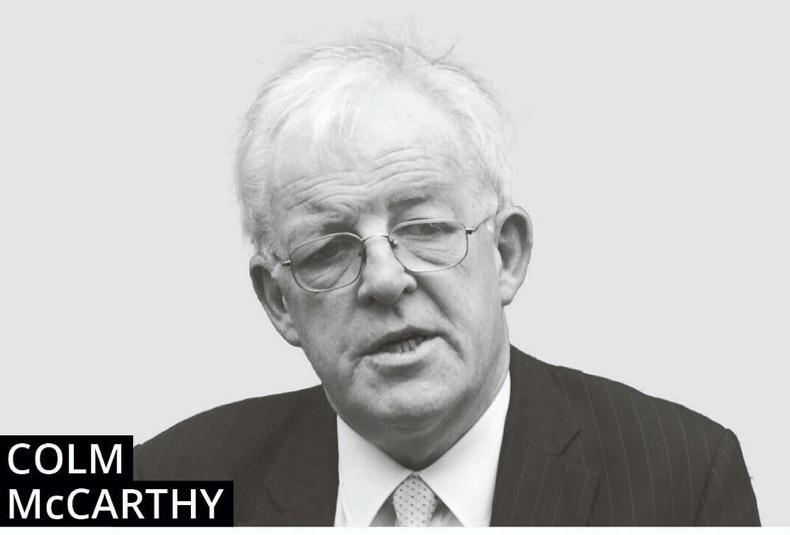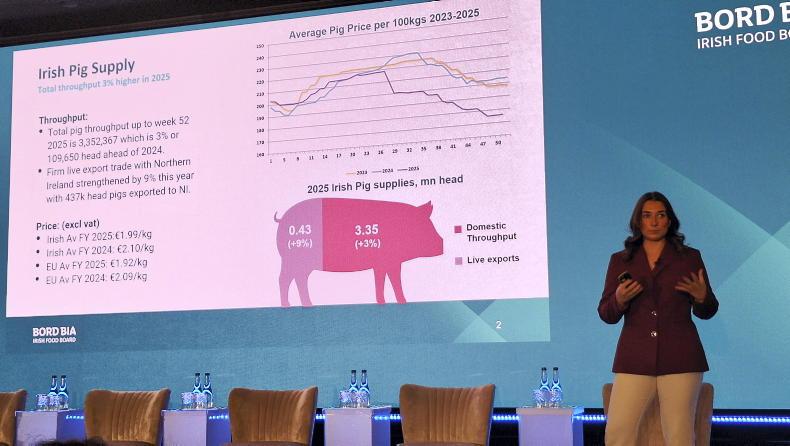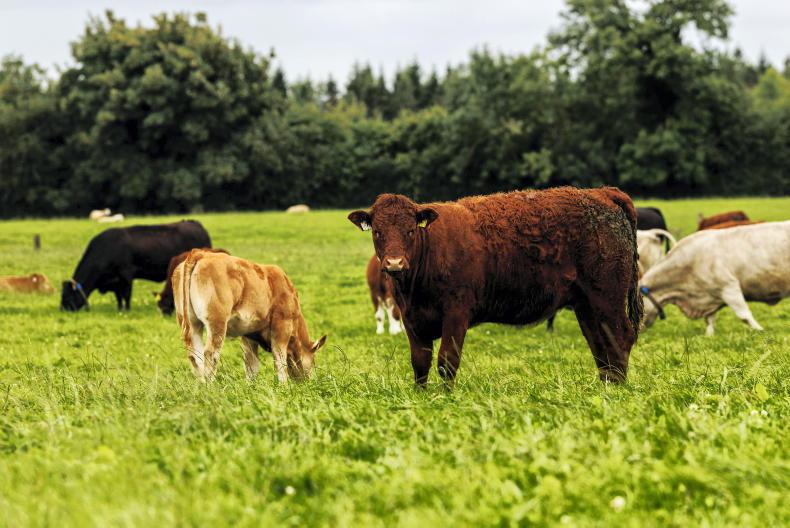The announcement yesterday (Wednesday) that the UK government will move to a unilateral imposition of tariffs on certain EU-originating imports, but excluding trade across the Irish border, reeks of panic, a kind of last-minute roll-your-own arrangement to avoid a hard border two weeks from now.
If, as seems likely, the UK parliament votes to rule out a no-deal Brexit and goes on to implement measures to make that happen, the proposed tariff arrangement will never be implemented. But there are just two steps which would take a crash-out off the table for keeps and one which would kick the can down the road again.
The can-kick, an application to the European Council to extend the operative date of Article 50, may well be voted through on Thursday evening but does not remove the risk of an eventual crash-out, to be accompanied by panic measures.
The only available devices to take crash-out definitively off the table are the adoption of Mrs May’s deal, backstop and all, or the revocation of Article 50, as in “Let’s call the whole thing off”. Mrs May’s deal could come back to the House of Commons for a third vote next week but there is no appetite in Brussels for further clarification.
The performance earlier this week was deceptive. Like many others, this writer assumed that the entire exercise had been scripted, choreographed in advance by professional political operators – the dash to Strasbourg by Mrs May, the concessions reluctantly wrung from Juncker and his negotiators, the late-night cabinet meeting in Dublin signalling acceptance. But, amazingly, neither the Attorney General nor the DUP had been squared, the AG (who must have been privy to the details in advance) dumped on the deal and the DUP declined to go along.
Second attempt
Mrs May’s second attempt to pass the withdrawal agreement duly went down in flames.
It is not clear that a third effort, with a further trip to Europe by Mrs May, will convince anybody, although it may be attempted before 29 March. The European Council meets next Thursday, conclusions are normally wrapped up 48 hours (24 at a push) beforehand, so there is barely time even for an extension request, which requires EU-27 unanimity.
Some EU leaders appear unwilling to grant such a request for any worthwhile period unless the UK plans something different, such as a second referendum. A general election is also possible.
The one certain and secure option available to the UK authorities is revocation of the Article 50 notification, which kicks the can out of the park, overturns the referendum result and returns the UK to indefinite EU membership. This would be politically explosive. While this unilateral option will become more attractive as further days are squandered, it is difficult to see how it can happen politically.
It seems that revocation, or acceptance of Mrs May’s deal third time round, are not a prospect, so no-deal will not be decisively ruled out and an extension request could be on the EU’s table before the weekend. The political atmosphere in London is so fraught that some unexpected path could yet be followed but extension, another can-kick, looks like the least unpalatable course for the House of Commons.
The European Council will then be faced with the risk of absorbing all blame for crash-out chaos if they decline. It has been clear for some time that the UK government and the Brexiteer faction in the Tory party have been stockpiling, not just emergency medicines, but also candidates for the inevitable blame-game should there be no deal.
With unanimity required, it would be a brave EU-27 member which would hold out against a request and all will ultimately enjoy veto powers when the UK finally gets around to negotiating a proper long-term trade deal.
The Irish Government has already indicated that it will support an extension request, but other European leaders may agree only to an extension for a month or two, due to European Parliament elections in May.
Irish farm leaders have reacted with alarm to the UK government’s no-deal tariff proposals, which would hit the beef sector hard and could turn into a smugglers’ charter as they stand. If they come to pass it is inevitable that the EU’s external border with the no-deal UK will have to be protected, raising the nightmare of border controls implemented from the southern side.
Prediction is a dangerous occupation in this shambolic environment, but it looks, on Wednesday afternoon, as if an extension is the likely outcome.









SHARING OPTIONS